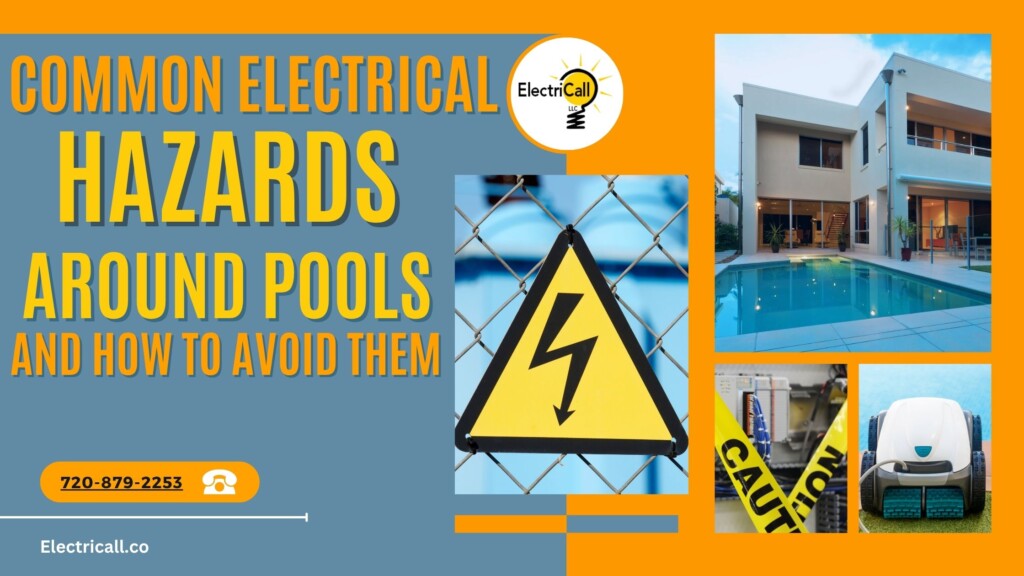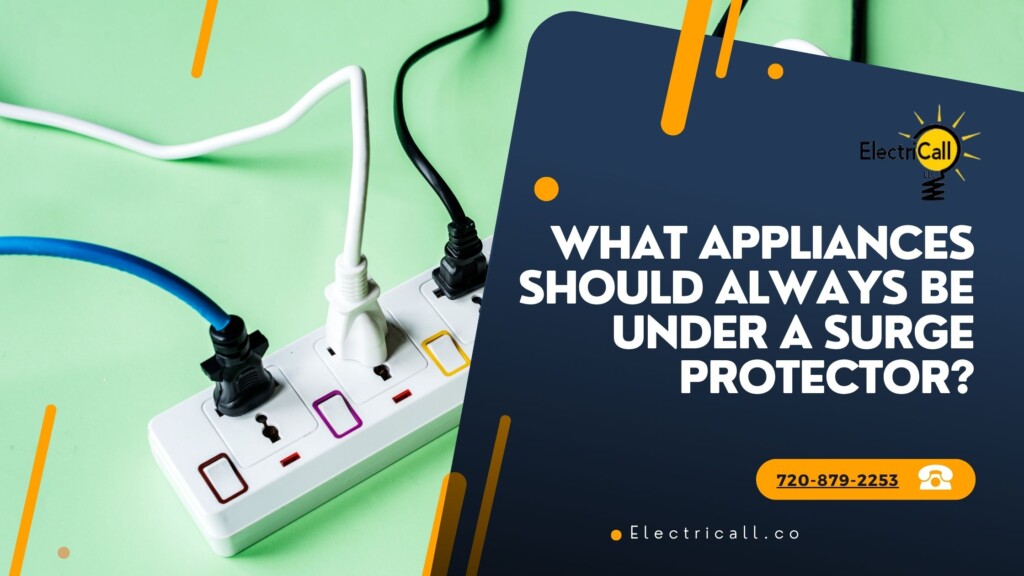
Swimming pools are a place to relax, have fun, and let your worries take a sit back. Still, safety is always important around pools, and while the main concerns are usually how to prevent drowning and slipping, there is one safety concern people often overlook. This is the danger of electrocution around swimming pools.
In modern days, pools are surrounded by electrical devices and components that provide the elevated swimming experience we all love. These components can include underwater lights, heating systems, and waterfall features. Regularly maintaining and inspecting these components with the help of a licensed electrician will go a long way in preventing electrical accidents.
Let’s go through the most common electrical hazards around swimming pools and learn how to prevent them.
Wiring and Installation
Electrical components are needed in a swimming pool, not just for entertaining features but also for practical ones. A swimming pool needs pumps, vacuums, and filters to function properly. Since there is always some electricity and wiring behind these components, expertise is needed to ensure they are fitted correctly.
Improper electrical installation and wiring of any component increases the risk of electrocution around pools. Even an improperly fitted wire can cause low-level AC to seep into the pool and electrify the water enough to paralyze swimmers’ muscles and cause drowning. This type of accident is called electric shock drowning.
How to prevent this:
- Work with pool experts and electrical contractors near you to seal all loopholes around your pool.
- Call an electrician if you hear the filters straining or if you notice flickering lights in your pool.
- Stop swimming and turn back if you feel a tingling sensation.
You can further prevent electrical shocks in pools by ensuring your pool has the following features:
Grounding
With grounding, you connect pool components to conductors. This is intentional to dissipate excess voltage. The goal is to move harmful electrical currents away from the pool and discharge it to the ground.
So, to ground your pool it means you’ll need to connect your electrical panel to the installed ground fault circuit interrupter (GFCI) breaker. The GFCI breaker takes in excess electrical current flowing from the panel and cuts the power to the pool when necessary.
The process of grounding requires you to connect all pool equipment together so that malfunctioning components don’t affect the whole system. Qualified Denver electricians have the knowledge and expertise needed to effectively ground a pool.
Bonding
Grounding is all good, but incomplete without bonding. Bonding is the process of connecting all the pool’s metal components with a copper wire. This is done to create equal and balanced electrical potential in all conductive components of a pool. As a result, bonding ensures that the swimmer will not touch two components with different electrical potentials at any point. The process is key to ensuring everyone using the pool is safe from electrocutions.
Bonding uses a copper wire to create a low-interference pathway between electrical components and metallic parts of the pool. This ensures that the frames, the metal handles you use to get in and out of pools, and any other electrical components are safe to hold while wet.
Pool experts and Arvada professional electricians use all the necessary parts like bonding lugs and pool bonds to effectively bond your pool. Other accessories commonly used are copper wires, bonding grids, and skimmer bonding kits.
Pool Lighting and Voltage
Pool lights are a common feature in most swimming pools that serve more than an aesthetic purpose. Lighting in a pool ensures the waters are well-illuminated to improve nighttime visibility when swimming. What you didn’t know is pool lighting if not well connected can be dangerous.
As stated earlier, light flickering and dimming is one sign of an unsafe pool. Additionally, if you notice molds growing around pool lights, breakage, or water damage, then it is time to call the professionals. Licensed electricians and pool experts can properly repair and replace damaged pool lights as well as spot any other potential dangers.
- Do not try to change or fix pool lights on your own.
- Look for low-voltage lights to minimize the risk of electrocution.
- Opt for lights that have a quality seal to prevent water from leaking inside.
- Look for pool lights that have a safety certification.
Electrical Equipment
It’s no secret that electrical equipment and water do not mix. However, this fact is sometimes easy to forget when having fun, especially during pool parties, so you should always aim to keep electricals away from swimming pools.
- Electrical appliances like TVs and radios should not be anywhere near a pool.
- Do not use extension cords near pools.
- Use waterproof and protective covers to protect electrical equipment around pools.
You Can Trust ElectriCall With Your Swimming Pool
At ElectriCall, we understand the value of pools as well as the risks they pose. With our professional electricians in Denver, we ensure your swimming pool is safe for all users. You can count on us to effectively repair, maintain, and rewire your pool so that you enjoy the waters without worry.



